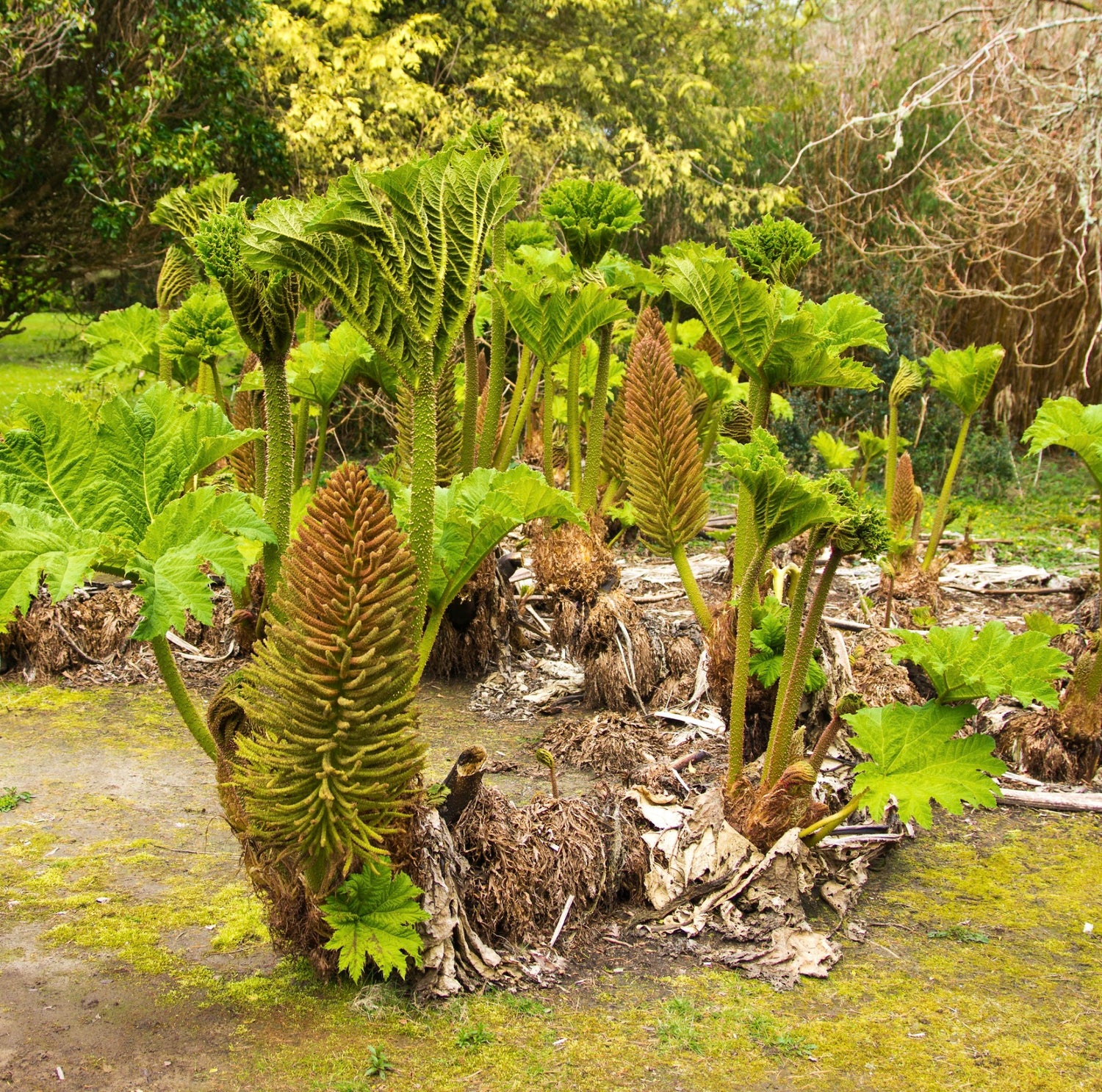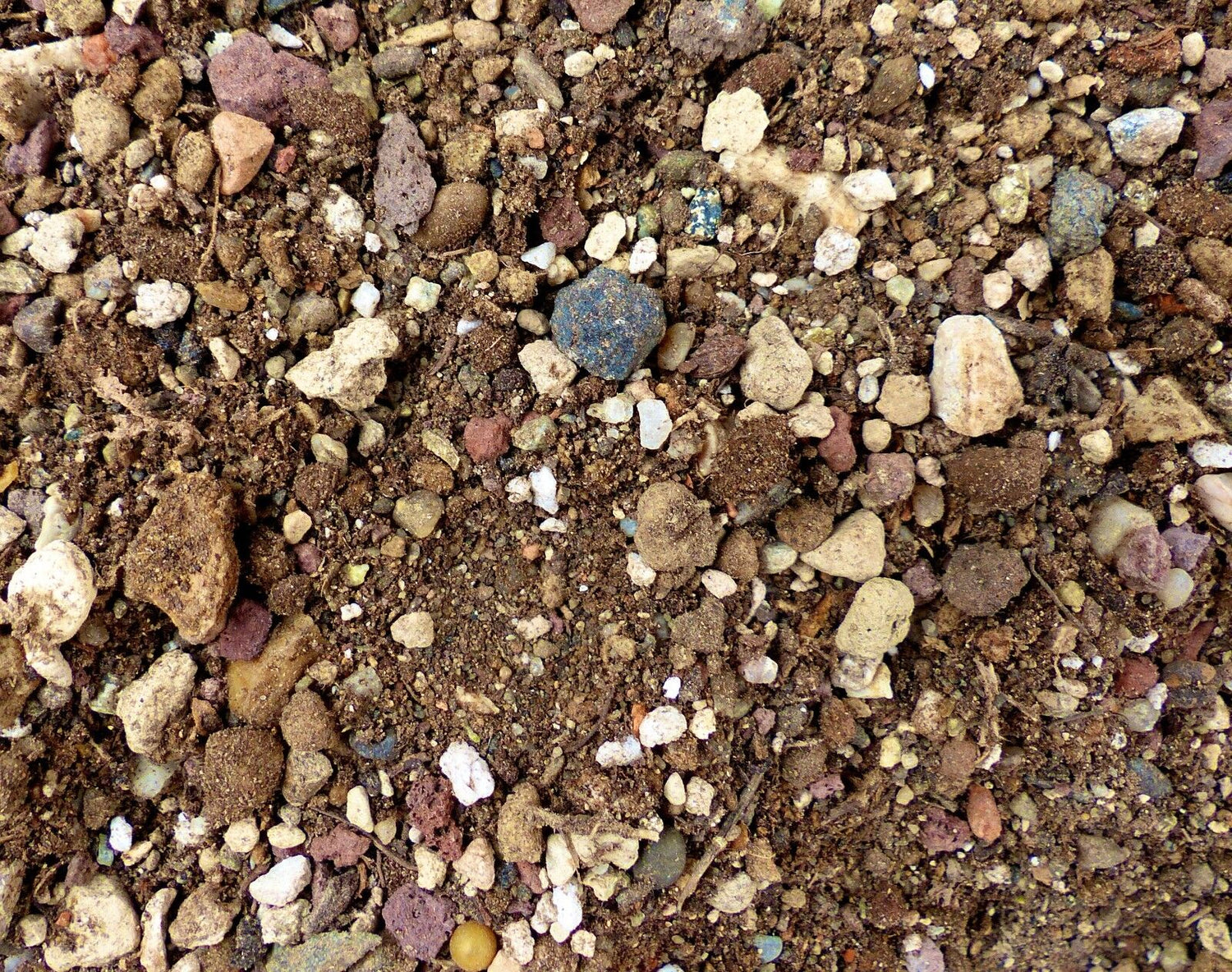Carya
The Carya, or Hickory tree, is celebrated for its durable wood and nutritious nuts. Thriving in well-drained soil, species like Carya illinoinensis (Pecan) and Carya ovata (Shagbark Hickory) are both ornamental and functional. Hickory nuts provide food for wildlife and humans, while Hickory wood is prized for its strength and use in smoking meats. Minimal care and adaptability make this tree ideal for landscapes. Perfect for shade, nut production, or wood use, Carya trees are a valuable addition to gardens.
-
Carya illinoinensis 15-20cm
Regular price €26,40 EURRegular priceUnit price / per
Collection: Carya
Carya: Hickory Tree and Nut Information
Introduction to Carya (Hickory)
The Carya, commonly referred to as Hickory, is a deciduous tree known for its strong wood and nutrient-rich nuts. Popular species include Carya illinoinensis (Pecan) and Carya ovata (Shagbark Hickory), each valued for unique qualities.
Growing and Caring for Hickory Trees
Hickory trees thrive in well-draining soil and full sun to partial shade. These trees require minimal care but benefit from occasional pruning. Species like Carya illinoinensis are cultivated for their edible nuts, while Hickory wood is prized for its durability.
Benefits and Uses of Hickory
Hickory nuts are a rich source of nutrients and a favorite among wildlife. The wood, known for its strength, is commonly used in furniture and as a flavorful fuel for smoking meats. The Pecan tree, a type of Carya, is particularly famous for its nuts in culinary uses.
Why Choose Carya for Your Landscape?
From providing shade to producing edible nuts, the Hickory tree is both functional and beautiful. Its adaptability and longevity make it an excellent addition to gardens and landscapes
Other Collections in the Archive
-

Specimen Plants
Specimen Plants Specimen Plants captivate the imagination with their unique beauty and...
-

Catalogue Plants
Catalogue plants provide a wide variety of options to elevate your garden...
The cactus was very well wrapped and arrived in perfect condition. It is very healthy. It was received exactly as described. The price was excellent. It was shipped in a timely manner. I definitely recommend this seller.
El artículo coincide con la descripción buena comunicación con el vendedor excelente planta embalaje rapidez en el envío recomendable
Well wrapped and arrived in fine condition with well developed roots. Exactly as described with plenty of detail to catch the eye. A real value.
Well wrapped and arrived as a very healthy plant as described with developed roots. A good value.
Excellent sellar with very good communication, well described item , good value for money, well recommended.
Es una buena oportunidad para disfrutar de un gran ejemplar el trato con el vendedor es correcto y contesta rápido a las preguntas y el envío lo realiza con rrapidez buen empaquetado un placer
Healthy specimen finally arrived, good root ball. Beware of the need to purchase the export certificate if you are from the UK. The extra cost wasn't in the description when I placed the order, it is now after an amendment, though the seller put that right and I didn't have to purchase one. Overall, a good experience with good communication from the seller. Remember, it's coming from Italy so it won't be here tomorrow.
The cactus was just as described. Fast shipping and decent packaging, so far so good. If you buy just one plant from outside of your country, the shipping and health certificate would be expensive. I suggest to buy a few plants at the same time.
The tree arrived in secure and careful packaging, and was the size advertised. It was in good health, with damp roots, and was well protected for its long distance travel per post. We have glorious expectations for this White Ash tree. 🤞💪 It was delivered to the UK free of any known action on the part of customs and botanical health. It took 3 weeks to arrive from date of ordering. It is unknown when it was posted. The football was given a soak before planting into a pot.
25 days once shipped to get to my location (Italy to Hawaii). I purchased the phyto form for customs from this selller. Packaging was okay, could be better. Cactus was wrapped in paper towels and foam peanuts in a large box. I’m satisfied with my purchase. The cactus was exactly as described. Other than a few bent thorns and being dehydrated it looks fine from the top. Root system is small but I think it should make a full recovery with some TLC. I would purchase from this seller again.
Die Pflanze ist in einem guten Zustand geliefert wurden und war gut verpackt. Guter Ebayer, gerne wieder.
Great communication and plant arrived swiftly. Looks as described!
The plant thoroughly packed, in very good condition. Very fast shipping. Very positive experience, highly recommended seller!
Gute Qualität, Pflanze wie offeriert, guter Zustand und Aussehen, beste Verpackung für den sicheren Versand. Danke sehr, alles bestens.
Well-packed, premium quantity, I've received about two times more seeds than I've paid. Dispatch time is long, so delivery is not fast, but this does not matter to me. Excellent seller, I recommend.
Delivered in padded envelope with recorded delivery seeds looks healthy and viable. I would recommend this seller.
Properly packaged with a fast turnaround on very well described plants.
This seller is fantastic, they helped me with the phyto documents which I truly am extremely grateful for!! The plant itself is beautiful and healthy, gorgeous red spines. I've already potted it up. The packing was absolutely out of this world, it took me ages to open it and when I did manage, the plant too was just so well wrapped up, no damage to the spines or roots either. Can't thank this seller enough! Post was expensive but it as come from Italy 🇮🇹 so it will be xx

Exactly as described, fast shipping and ultra good packing. Perfetto!
Very good seller, plant is as on the photo,a generous clump, price was very fair,seen a plant like that listed with much higher price(🤔)
diese , meine 2 . bestellung kam noch schneller an als die erste ( 5 tage ! ) . aber gut , dass kann halt günstig gelaufen sein . viel wichtiger : auch diese pflanze kam gut verpackt und gesund an . ich habe meiner frau auch eine obesa bestellt , bin gespannt . bis jetzt kann ich über diesen seller nur positives berichten .
Schnelle Lieferung aus Italien nach Köln, gute 10 Tage. Bestellt wurden 2 chinesische Wildbirnen. Lieferung war bis zum 05.04.25 berücksichtigt, kam aber schon am 01.04.25. Sehr gut verpackt im Karton, mit sehr viel Paketklebeband umwickelt. Karton war dadurch gut stabil gewesen. Die beiden Setzlinge (120cm) waren in einem Wurzelwerk und Blumenerde, in einem schmalen Kunststoff Blumentopf geliefert worden. Die Zweige waren alle sehr elastisch und hatten kleine Blätter an den Zweigen.
Cuttings arrived with well established rootballs, extremely well packaged so there was no damage. There was good communication throughout and I am the proud owner of two small feijoa trees. I would definitely use this seller again.
Ordered four of these. From Italy to Canada in 5 weeks. They arrived fresh, and were professionally packed, super healthy specimens. I would so do this again. Five Stars. Amazing!
La planta llegó en el plazo establecido y muy bien embalada. El ejemplar es tal y como se veía en la foto. El vendedor responde rápido a los mensajes.
meine erste bestellung bei diesem händler und alles gut ! wie bestellt - so geliefert . sehr gut verpackt , anderthalb wochen unterwegs , alles bestens , 2 . bestellung ist unterwegs . dankeschön .
Great communication, seller very helpful. Plant was healthy with good roots but wasn't the one in the photos and was smaller than the plant listed, but that's not a problem for me. I would buy from this seller again. Thank you!
There were some problems with postage and customs which caused a delay on the way to the UK, but the plants were well packed, so survived the ordeal well. I give 5 stars, as the delay was not the fault of the seller.
Sehr schöne Pflanze, bestens verpackt und schnell verschickt, ein sehr empfehlenswerter Ebayer! Vielen Dank!
Super verpackt. Blitzversand. 5 ⭐️ - immer wieder gerne. ☺️
Alles bestens, schöne Pflanze. Top verpackt und schnell versandt. Daher sehr zu empfehlen. Danke sehr.
Excellent seller. Fast shipping. Well packed.
Schnelle Lieferung, gute Verpackung, schöne Ware: frische Blätter;würde wieder dort kaufen
superbe plante et colis en très bon état bravo je recommande cette entreprise Italienne merci
Sehr schnelle Lieferung, Pflanze wie beschrieben, vielen Dank, sehr gern wieder.
Good match with the description, fast delivery. I recommend to everyone.
Super verpackt, Pflanze bzw. Knolle unbeschädigt angekommen, entsprach dem Angebot, Danke.
Super Pflanze und toll verpackt. Schnelle Lieferung. Vielen Dank
Item arrived sooner than expected, highly recommend seller
Excellently packaged, root ball arrived wet/moist. Absolutely no drama.
Die Pflanze war sehr gut verpackt und ist sehr Vital und treibt nach einem Rückschnitt sehr gut aus. Der Verkäufer ist zu empfehlen!!!👍👍👍
Cactus arrived in good condition, as described. Recommended seller. Thank you!
Top.. schnelle Lieferung und gute Qualität. Sind super verpackt. Gern wieder







